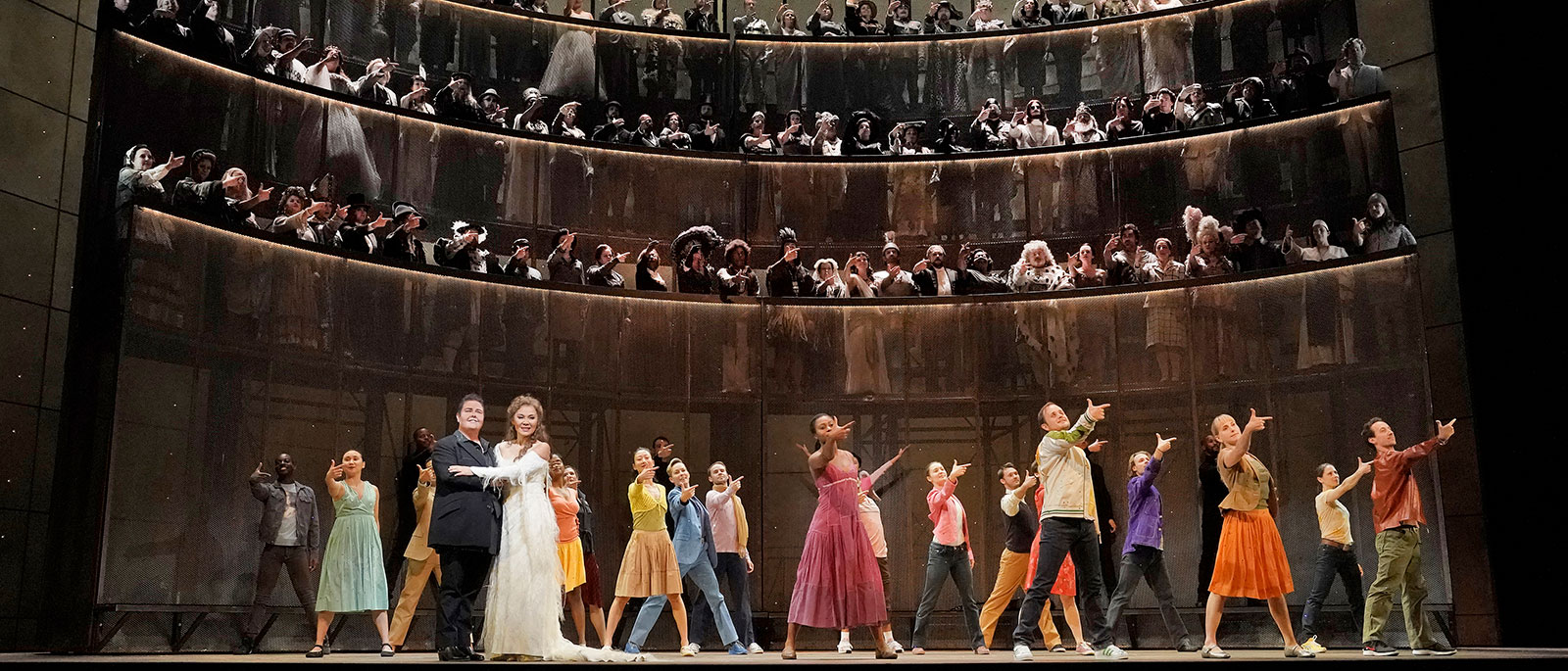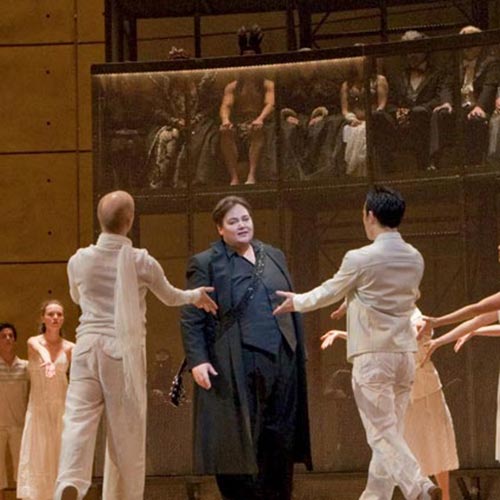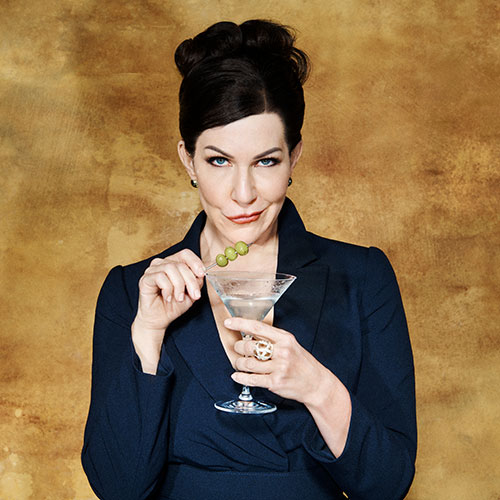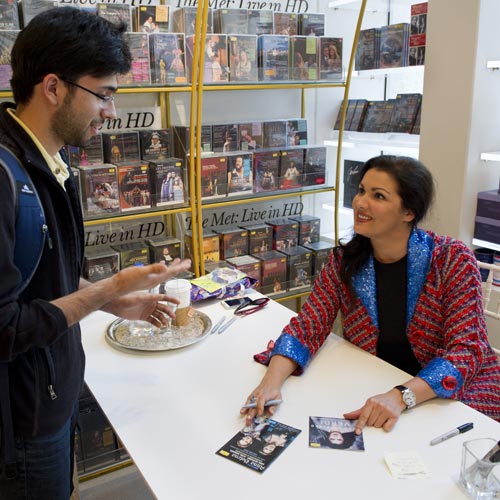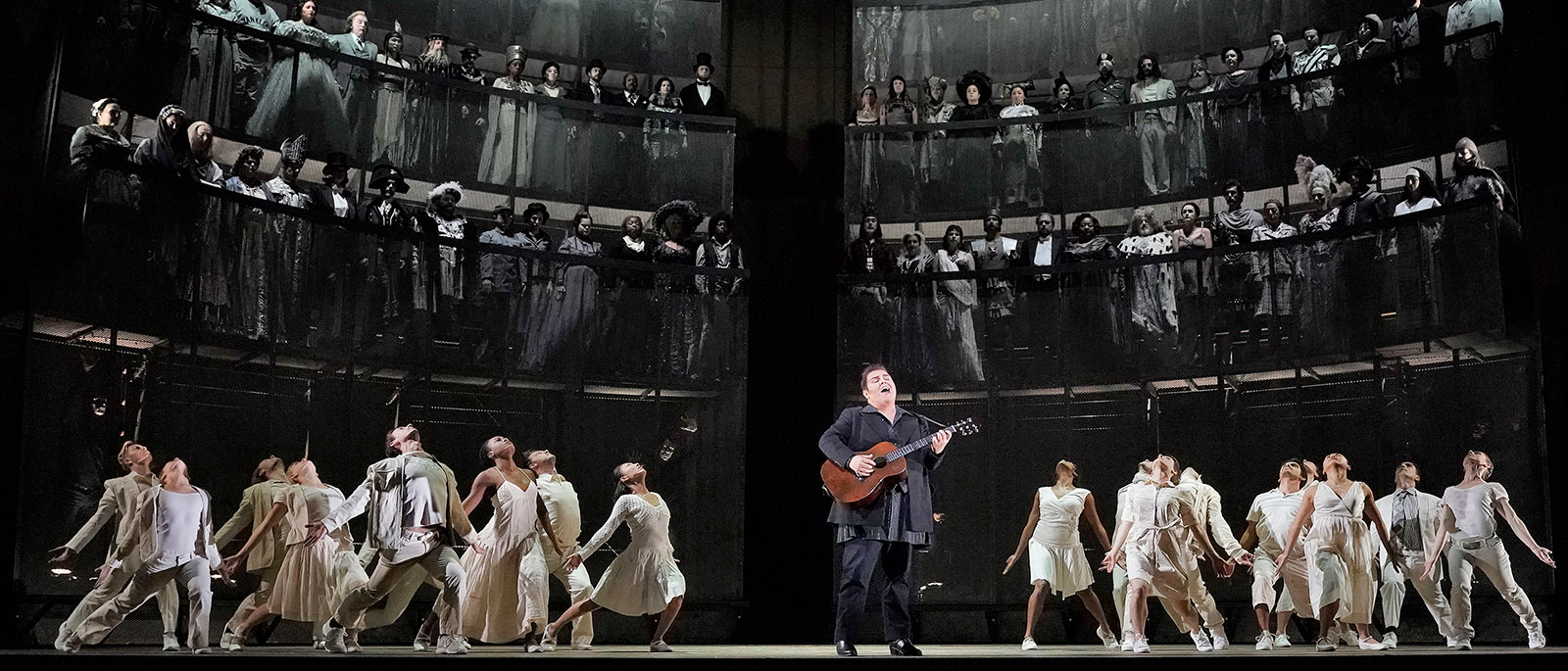
Christoph Willibald Gluck
Orfeo ed Euridice
This production ran: Oct 20 - Nov 10
This production is in the past.
Overview
Mark Morris’s spirited take on the ancient Orpheus myth stars mezzo-soprano Jamie Barton as Orfeo, the grieving lover on a quest through the underworld. Soprano Hei-Kyung Hong sings the plaintive Euridice. Mark Wigglesworth conducts Gluck’s elegant score, a pinnacle of the Baroque repertoire.
Production a gift of Mr. and Mrs. Wilmer J. Thomas, Jr.
Languages
Languages sung in Orfeo ed Euridice
Sung In
Italian
Titles
Title languages displayed for Orfeo ed Euridice
Met Titles In
- English
- German
- Spanish
- Italian
Timeline
Timeline for the show, Orfeo ed Euridice
Estimated Run Time
1 hrs 30 mins
-
House Opens
-
Acts I, II, & III
90 mins
-
Opera Ends
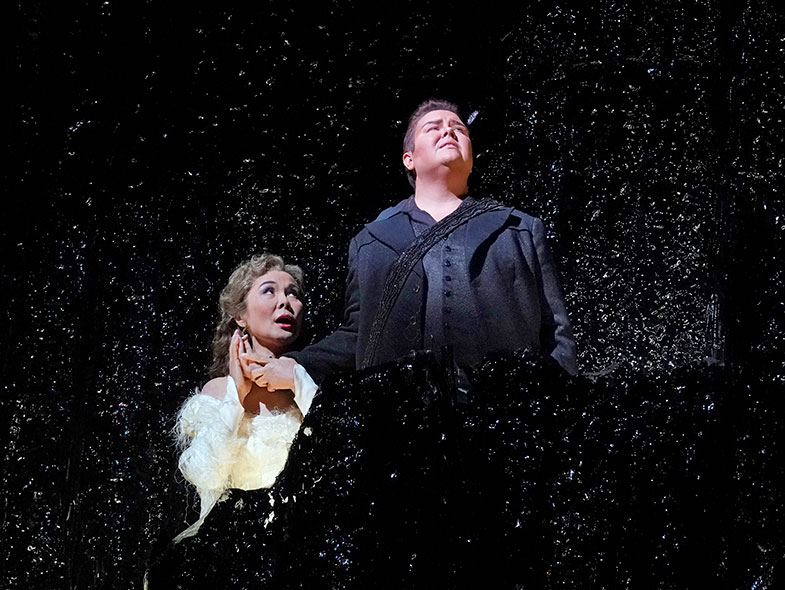
Premiere: Court Theatre (Burgtheater), Vienna, 1762. The myth of the musician Orpheus—who travels to the underworld to retrieve his dead wife, Eurydice—probes the deepest questions of desire, grief, and the power (and limits) of art. Gluck turned to this legend as the basis for a work as they were developing their ideas for a new kind of opera. Disillusioned with the inflexible forms of the genre as they existed at the time, the composer sought to reform the operatic stage with a visionary and seamless union of music, poetry, and dance.
Creators
Christoph Willibald Gluck (1714–1787) was born in Bavaria and studied music in Milan. He traveled extensively throughout Europe, attracting students and disciples to his philosophy of an all-encompassing operatic-theatrical experience. His librettist for Orfeo ed Euridice was the remarkable Italian poet Ranieri de’Calzabigi (1714–1795). Thanks to many years spent in Paris, he had been influenced by French drama and shared Gluck’s zeal for an ideal musical theater.
PRODUCTION
Mark Morris
SET DESIGNER
Allen Moyer
COSTUME DESIGNER
Isaac Mizrahi
LIGHTING DESIGNER
James F. Ingalls
CHOREOGRAPHER
Mark Morris
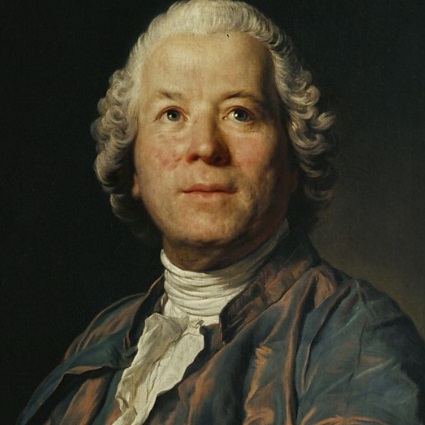
Composer
Christoph Willibald Gluck
Videos
Setting
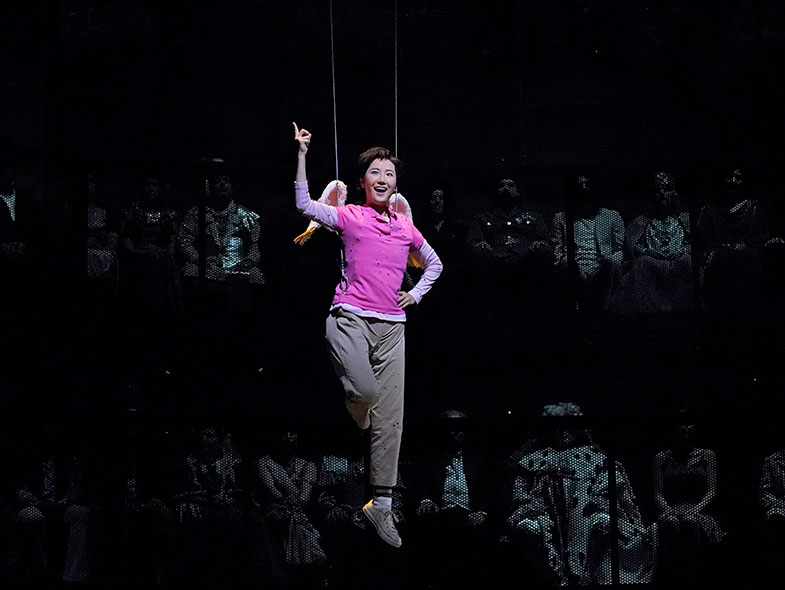
The opera is set in an idealized Greek countryside and in the mythological underworld. These settings are more conceptual than geographic, and notions of how they should appear can (and rightly do) change in every era.
Articles
Music
Gluck consciously avoided the sheer vocal fireworks that he felt had compromised the drama of opera during the era of the castrati—male singers who had been surgically altered before puberty to preserve their high voices. He did not originally dispense with castrati, but the castrato role of Orfeo (today sung by mezzo-sopranos and countertenors) was given an opportunity to impress through musical and dramatic refinement rather than vocal pyrotechnics.
